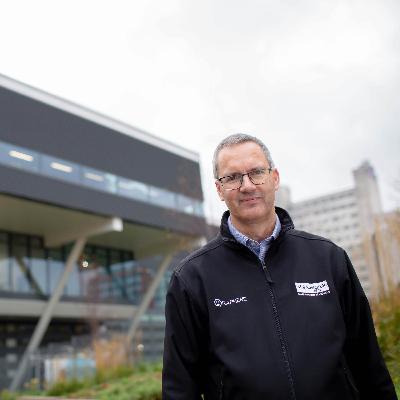
Create the Future
Author: Queen Elizabeth Prize for Engineering
Subscribed: 61Played: 1,066Description
Engineering is for everyone and impacts all our lives. At this crucial moment for humanity, it couldn’t be more relevant to listen to engineers, thinkers, and designers as they debate how our future could - and should - look.
Hosted by Roma Agrawal MBE and 2022 Young Engineer of the Year George Imafidon, this podcast facilitates deep conversation about how we might restructure and rebuild the world we live in, from microscopic cells to sustainable cities to intergalactic travel.
New episodes every other Friday.
Follow @QEPrize on Twitter, Instagram, and Facebook for more.
The Queen Elizabeth Prize for Engineering - the world’s leading award for engineers - champions groundbreaking invention and bold innovation which benefits humanity.
Hosted on Acast. See acast.com/privacy for more information.
























